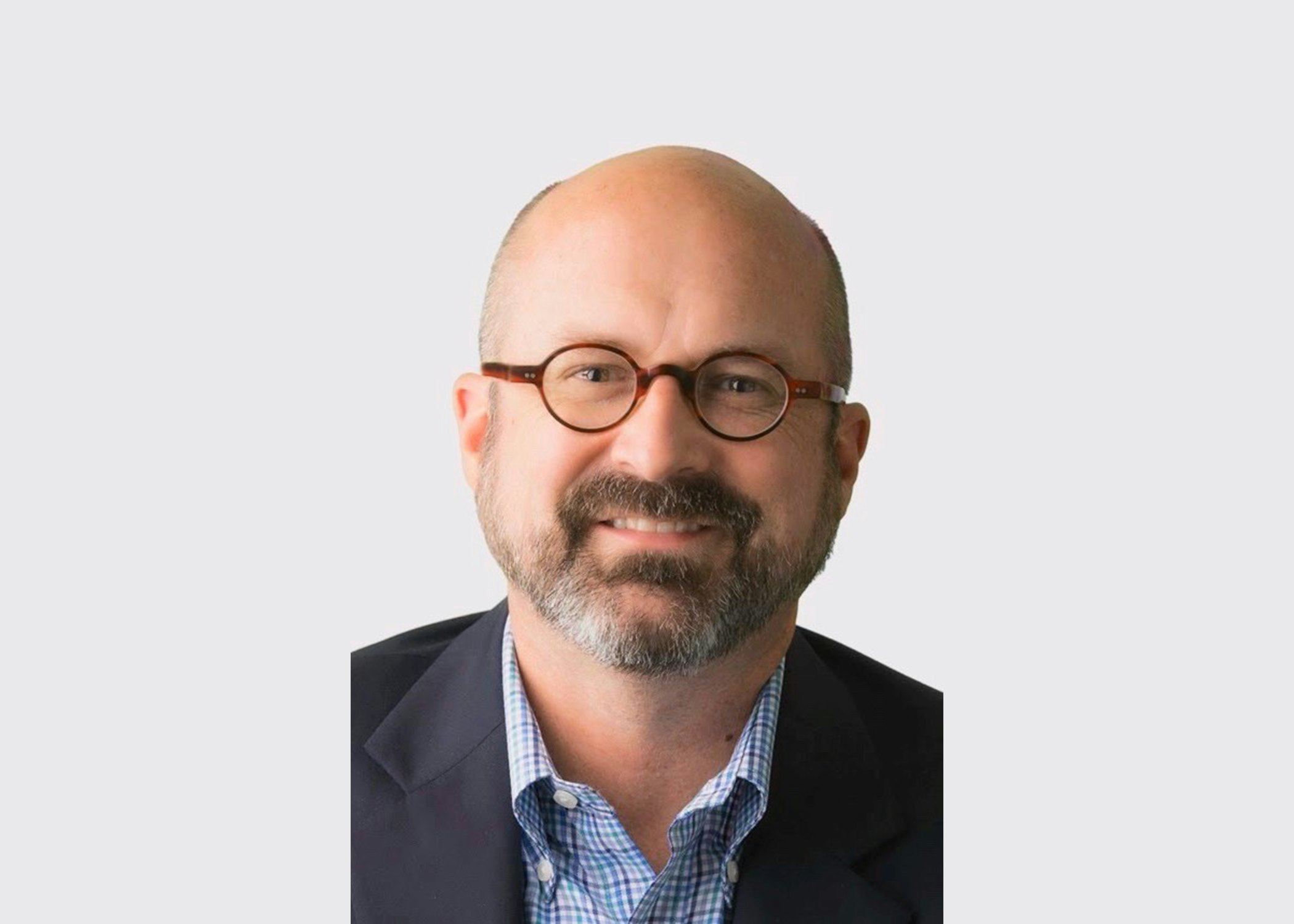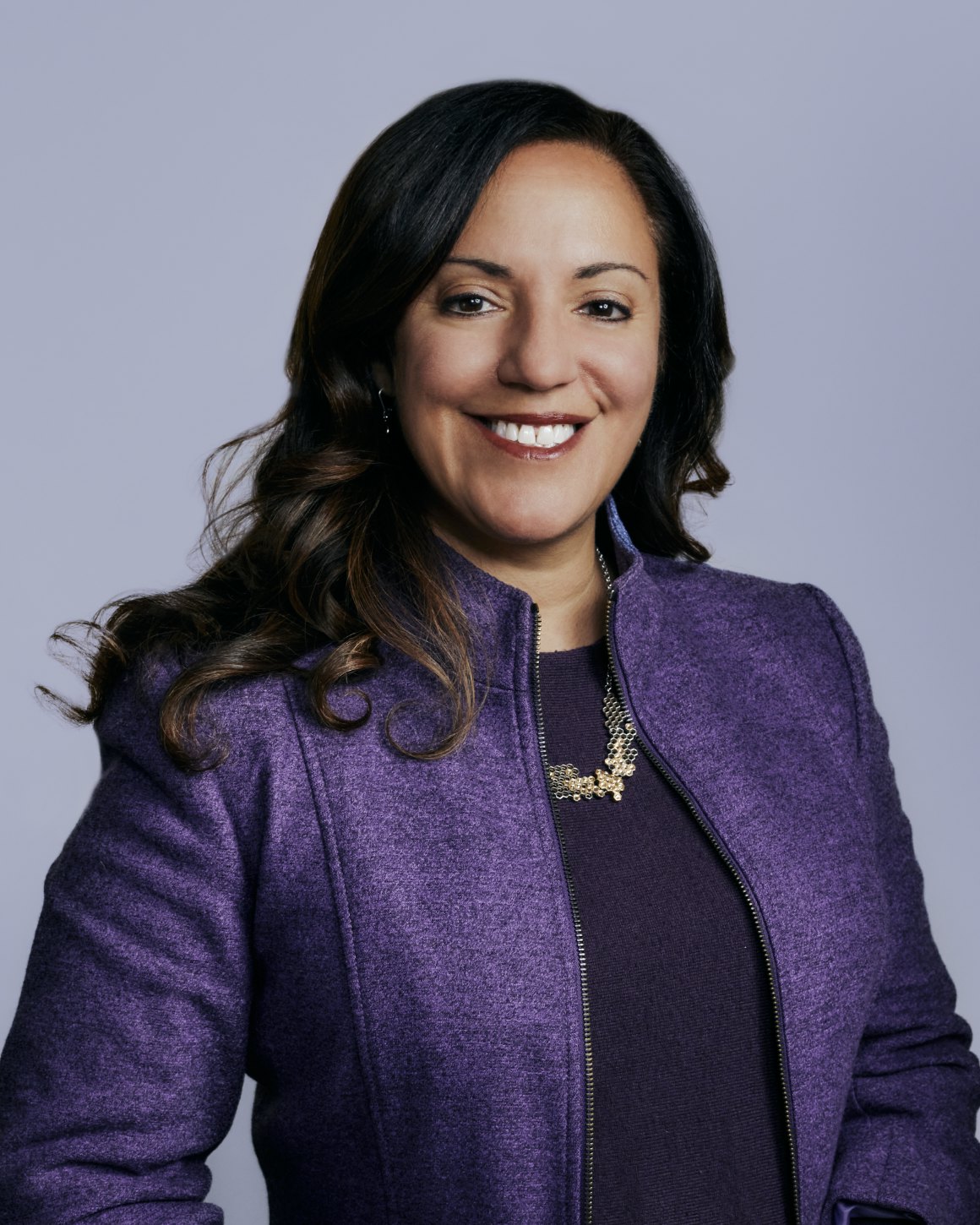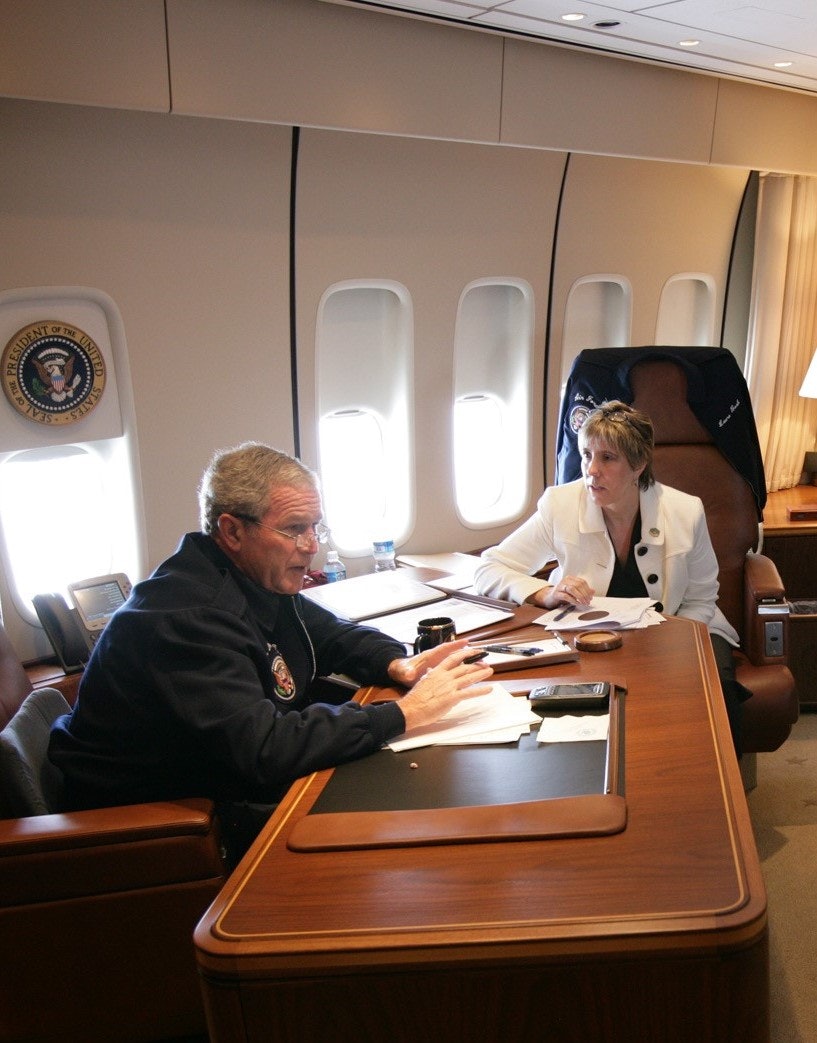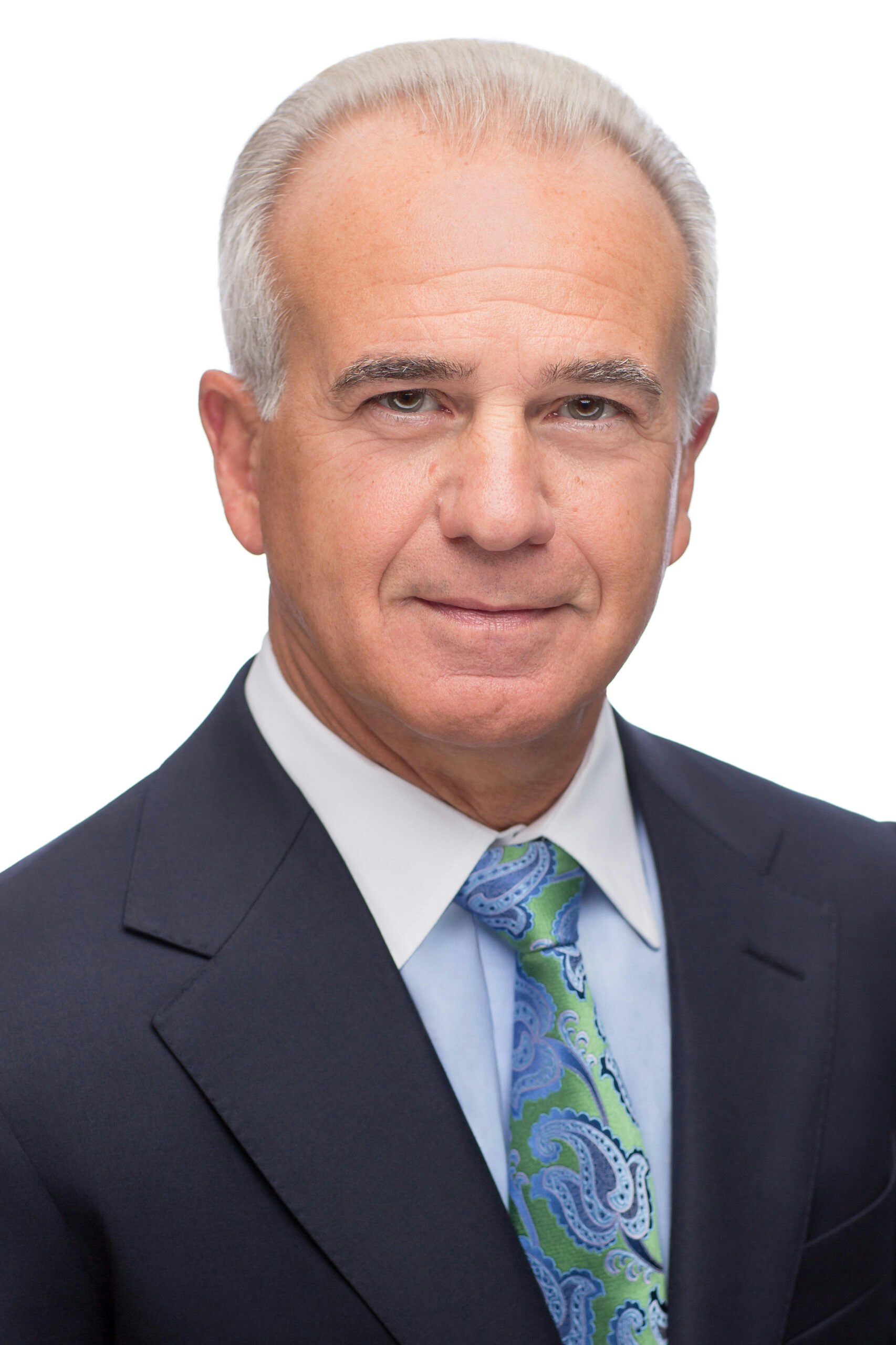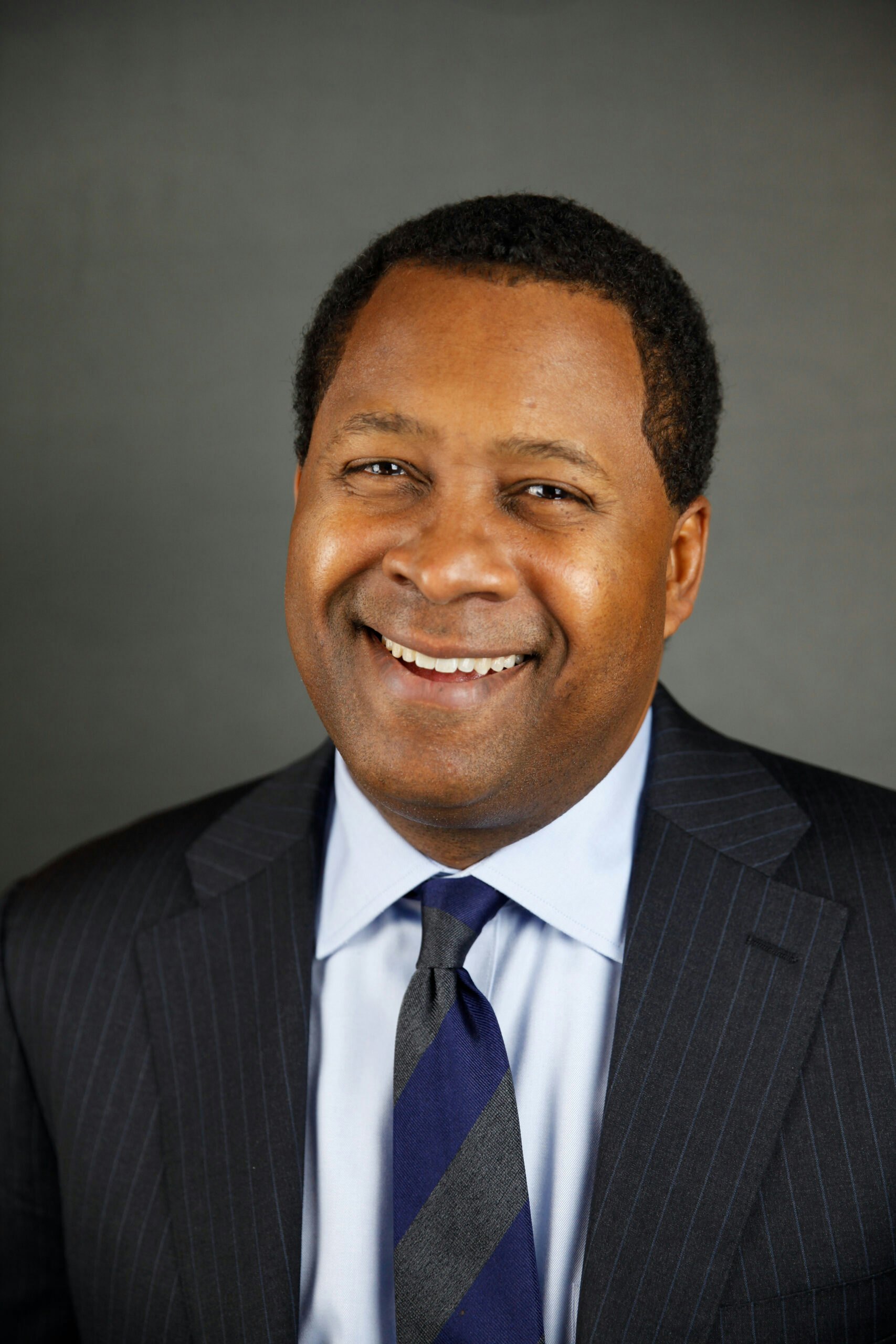Helping Walmart accelerate change for all Americans to live better
The following is an excerpt of comments made by Walmart Executive VP of Corporate Affairs and BCAer Dan Bartlett during a “lunch and learn” Zoom session with Bush Center staff on June 10.
I call it my second stint in government. Walmart thinks of itself as kind of a little country of its own. We’ve got 2.3 million employees across 27 countries and get pulled into just about everything.
So, I lean a lot on (my) experiences from government and I’m also blessed with a leader here (CEO Doug McMillon) who has eerily similar points of view and life experiences and perspective in life that are similar to those of President Bush. So it’s been an interesting process to be able to lean back on those experiences from when we were in the White House.
We’ve been on a journey before as a company with regards to diversity and inclusion. We are the largest employer of Black Americans and people of color in the country. We (had) already been in crisis mode because of COVID, and we’ve had a cadence that was already in place from a decision-making standpoint.
What we did very early on in the process, as far as COVID goes, was set up a set of core principles and guiding principles, a filtering of how we’re going to think about things. So having that already in place, we were already in a position to be very nimble, and I think to be in a position to both launch a conversation within Walmart, with our own associates at all levels and with those near us. We’re within 10 miles of 90% of the U.S. population. So we were very approximate to where there was a lot of strife and protests and, we had over 50 of our stores that had to be closed immediately.
We had quite a few stores that were permanently damaged. Due to that, we’re triaging the operational aspects of it. But to tell you the truth, that was not our priority. Buildings can be rebuilt. The safety of our associates was paramount, just like it is during COVID. So we had a muscle that was already being flexed there and luckily was being used.
We learned that what we need more than anything else is to set a tone and culture that invites uncomfortable conversations, and we as a company have not been really good at that. And that’s our first, biggest piece of work that we’re on right now and one which we want to improve. We didn’t want to rush to answers and solutions and take a very top-down approach to this.
There’s a book (New Power by Jeremy Heimans and Henry Timms) about the connections between old power and new power. Old power designs are ones in which you get the PowerPoint decks and are very top-down. We decide what the strategy is going to be and we push it down through the organization. New power is very different. It’s got to be ground-up and it’s got to come from the ground or it’s not going to be as sustainable. And so we’re trying, as a company who’s very old power, very much like the Pentagon going back to my government days.
There are a lot hierarchical aspects of our culture. We’re trying to use this as an accelerant to break those hierarchies down and break silos down and some of the risk averseness that comes with being big. Doug really planted a flag (in remarks to 14,000 associates on Zoom) that this is the direction we’re going in and we’re going to be aggressive. So it’s an exciting time. What I’m learning more and more about is that the voices that are coming forward – who heretofore would not – are enriching the conversation and it’s going to result in better outcomes.
This starts from a source of pain for everybody, but we’re on the side of optimism now that we’re going to harness this into something good and we’re getting a lot of great feedback inside the company.
Some of it was as simple as saying, “You matter. And we need to do more. We need to listen more, we need to understand more, empathize more.”
Situational context is really important. You lose a lot of context as you let things go down through layers of hierarchical bureaucracy. I make it a habit to share my same thoughts with everyone (that works for us) and not just my direct reports. This transparency that has been emerging (since George Floyd’s death) has been eye-opening for a lot of us in the company. Process matters as much as outcomes in this process, because for too often in our country and in corporations and in institutions, the process eliminated the most important voice. And in this case, (that is) the voice of the Black American or the Black Walmart employee. And, and that’s something that we have to be much more deliberate about.
About the time when Doug McMillon became CEO, we started looking at these things anew and started to invest. One thing we’re really proud about is that we’re providing access to affordable education, both GED and high school as well as now college education for about $1 a day for any associate who’s worked for us for at least six months.
We’re up to 25,000 employees who are taking advantage (of this program). In less than two years we’ve already had (close to) 6,000 graduates. I think it will be the largest online education platform in America in a very short period of time. And it is an incredible story. So many people are surprised. And I often heard people say … remember back in the White House after somebody would meet with (President Bush) and say, “You need to do a better job of showing that side of President Bush. If I knew that part of him, y’all would have won re-election easy.”
Now, it’s … “if you would have just shared with me” … all these great things that Walmart has done. And one of the challenges is that what makes us unique as a company is that most companies – for the most part – have an arm’s length relationship with the public. We (Walmart) have a very intimate relationship. More than 60% of the U.S. population goes to a Walmart in any given month. One key thing I talk a lot about with my team is the daily referendum on our reputation.
We’ve had an advertising strategy that was, in my opinion, completely outdated. It was very transactional in nature, all around price versus heart. And hopefully you’ve seen some of the advertising we’ve run during COVID and a little bit before. We’re starting to have a little bit more of an emotive relationship with our customers, because a transactional relationship is not lasting, particularly during this crisis.
We talk a lot in the history of the company about saving money. We haven’t talked about the other part of that moniker, which is “live better” and live better is something we’re trying to bring to life in a lot of different ways. I’ve just got to do a better job telling this story because not enough people know it.
Dan Bartlett has been executive vice president of corporate affairs at Walmart since 2013. He served in the Bush Administration from 2001-07, including as counselor to the president beginning in 2005.


